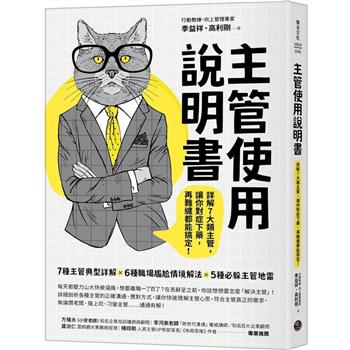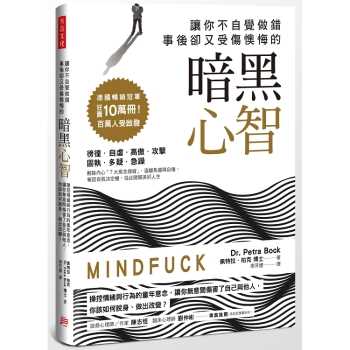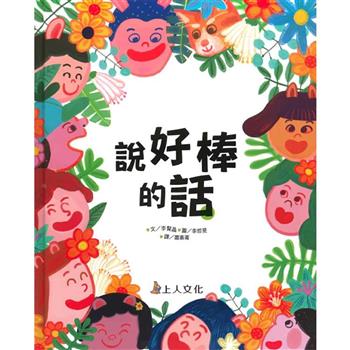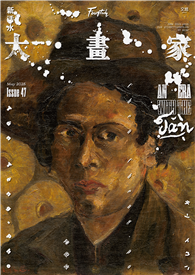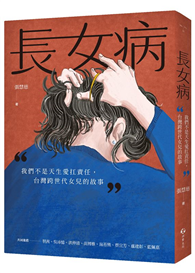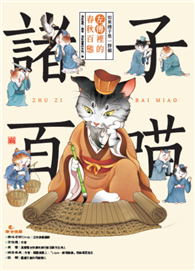Autobiomythography of sifts through Nigerian stories and mythologies, both inherited and invented, to explore the self, family, and nationhood.
In an attempt at decolonization, it is an exploration of what it means to be a subject--a person, yes, but also a literary subject--in the wake and afterlife of colonization. Intimate and personal, it is interested in figuring out how to wrest subjectivity--one’s notion of self--from this failed project of modernity.
| FindBook |
有 1 項符合
Autobiomythography of的圖書 |
 |
Autobiomythography of 出版社:Alice James Books 出版日期:2024-09-10 語言:英文 規格:平裝 / 普通級/ 初版 |
| 圖書館借閱 |
| 國家圖書館 | 全國圖書書目資訊網 | 國立公共資訊圖書館 | 電子書服務平台 | MetaCat 跨館整合查詢 |
| 臺北市立圖書館 | 新北市立圖書館 | 基隆市公共圖書館 | 桃園市立圖書館 | 新竹縣公共圖書館 |
| 苗栗縣立圖書館 | 臺中市立圖書館 | 彰化縣公共圖書館 | 南投縣文化局 | 雲林縣公共圖書館 |
| 嘉義縣圖書館 | 臺南市立圖書館 | 高雄市立圖書館 | 屏東縣公共圖書館 | 宜蘭縣公共圖書館 |
| 花蓮縣文化局 | 臺東縣文化處 |
|
|
圖書介紹 - 資料來源:博客來 評分:
圖書名稱:Autobiomythography of
內容簡介
作者簡介
AYOKUNLE FALOMO is Nigerian, American, and the author of Autobiomythography of (Alice James Books, 2024), AFRICANAMERICAN’T (FlowerSong Press, 2022), two self-published collections and African, American (New Delta Review, 2019; selected by Selah Saterstrom as the winner of New Delta Review’s 8th annual chapbook contest). A recipient of fellowships from Vermont Studio Center, MacDowell, and the University of Michigan’s Helen Zell Writers’ Program, where he obtained his MFA in Creative Writing--Poetry, his work has been anthologized and widely published.
|
